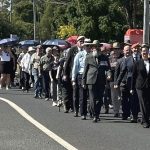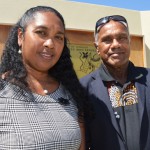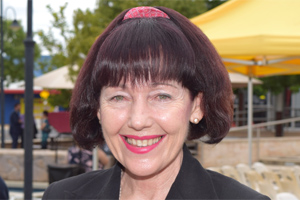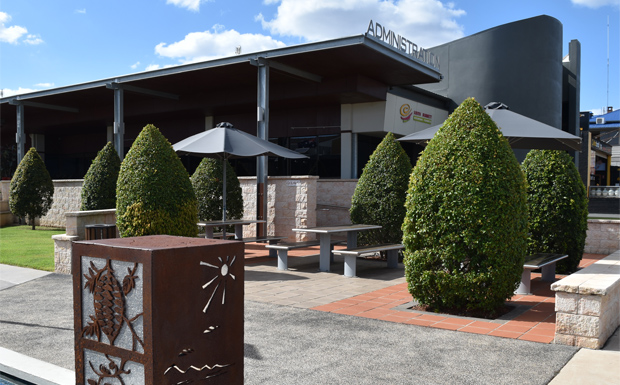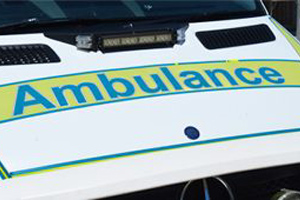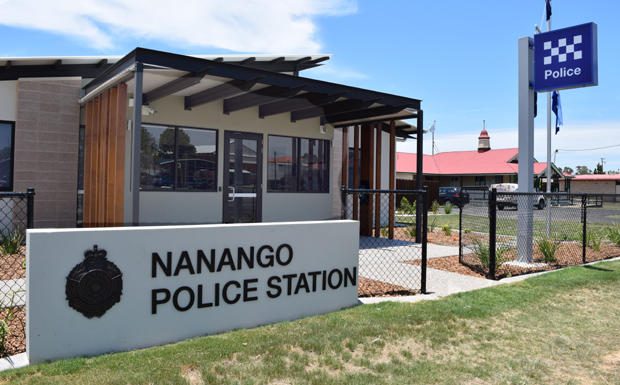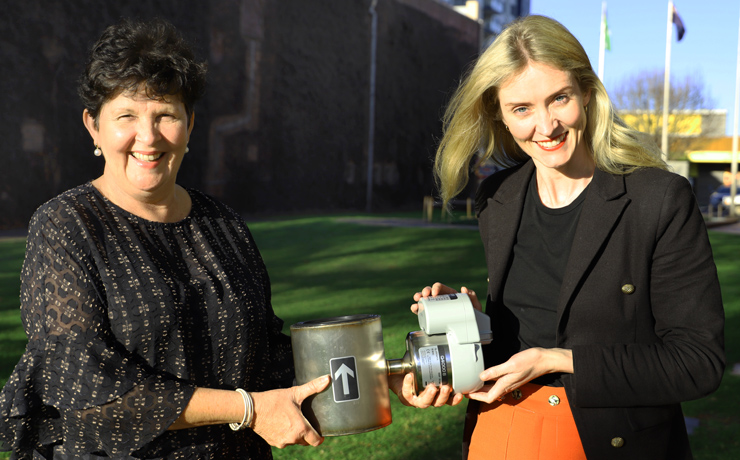
August 14, 2020
Toowoomba Regional Council is taking the first steps towards introducing smart water meters into the region.
Smart water meters would be able to provide residents almost real-time data about their water usage as well as help detect leaks.
Council plans to sound out the market to ensure commercial providers can meet Council’s requirements.
Cr Rebecca Vonhoff smart water meters would bring significant benefits.
“The meter replacement program will allow for advanced analytics and help balance the entire water network which means Council will be able to operate a more efficient network and assist in early detection of leaks and breaks in the network. It is essential that all points out of the system are monitored,” she said.
“The current manual meter reading occurs every six months, subject to access to the meter. By moving to automated meter readings both Council and residents will be able to monitor more closely their water usage.
“It is expected that the meters will provide close to real-time readings depending on how often the data is downloaded into the system, with residents able to use a web portal and/or an app on a device to check their usage.
“If they don’t have a computer or smartphone, then nothing will change from their perspective and they will receive their meter readings as usual.
“Residents will be able to review their data and see what activities around the property are high water consumption activities and reduce the chance of bill shock. If properties have an underground leak, the meters will also help with early detection.”
Cr Vonhoff said there were a number of technologies available and a detailed technical evaluation of all the options presented would be carried out to determine which would be the most cost-effective for the community and Council.
“A short-listing process with a final recommendation is expected to go to Council for a decision on awarding a tender in November this year,” she said.
“Council expects that meter replacements will begin early next year with preliminary data flowing by Easter 2021. The entire rollout is expected to take three to four years.
“The full cost to implement will not be known until a technical assessment has been undertaken during the tender process, however, Council’s 2020-21 Capital Works program has approved $2 million for Stage 1.
“The smart meter is designed to read the water flow through the street connection to the property and time stamp this flow rate back to a database. It does not provide any further details about the property or its residence and all data will be secured and stored in Australia under our data sovereignty laws,” Cr Vonhoff said.
Cr Nancy Sommerfield said smart meters were being used in many local government areas and had been used in Australia for nearly two decades.
“It is only now with improved battery reliability and communication networks that Council believes the benefits of smart metering will provide an acceptable return on investment, along with the potential for ratepayers to save water costs by being able to monitor their use regularly,” she said.








